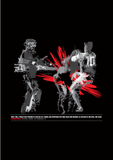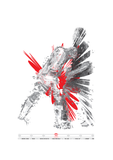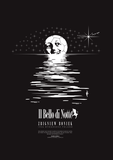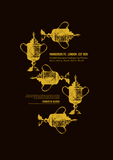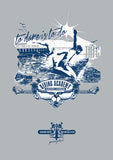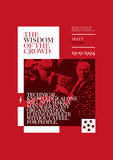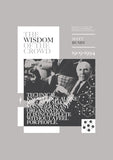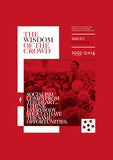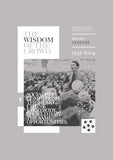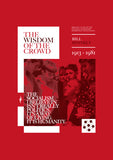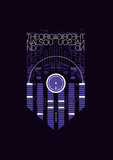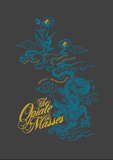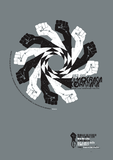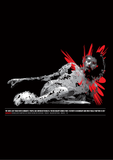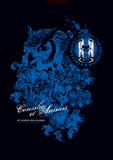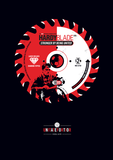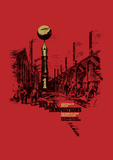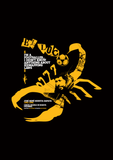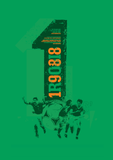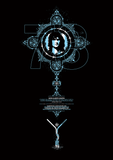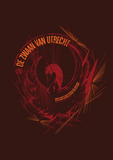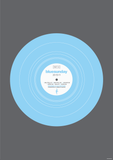Ole Gunnar SolskjærBaby Faced Assassin
Born 26 February 1973, in Kristiansund, Norway, Ole Gunnar Solskjær spent most of his career playing in England with Manchester United. Scoring 126 goals in 366 games during an incredible period of success for the north west giants, the prolific striker was, and still remains, a firm favourite with the Old Trafford faithful.
Before his arrival at United, Solskjær played for the Norwegian clubs Clausenengen and Molde, the club he now manages.
After interest from Italian side Cagliari and SV Hamburg in Germany, Manchester United signalled their intent with a £1.5 million bid, and Solskjær joined them on 29 July 1996. At the time, it was a surprising acquisition to say the least, as he was almost unknown outside Norway and United were amongst the front runners in the well publicised pursuit of Blackburn Rovers and England striker Alan Shearer. As the only striker to come through the door at Old Trafford that season, it was widely expected that he would be used purely as backup to Cantona and Cole.
On the contrary. Within weeks of his arrival it was clear that this little-known Norwegian would become a key part of manager Alex Ferguson's plans, and prove to be one of the biggest Premier League bargains of the season. He was issued with the number 20 shirt, a squad number he would retain and become synonymous with for the rest of his United career. Scoring six minutes into his debut as a substitute against Blackburn Rovers, he went on to score 18 Premier League goals in his first season, helping United win the title in the last weeks of the season. Solskjær's deadly finishing and extremely youthful looks was candy for the the British media, quickly earning him the 'Baby Faced Assassin' nickname.
Remarkably, he will possibly be best remembered as a 'super-sub', having earned huge acclaim for his prolific habit of coming on late in games and scoring key goals. Alex Ferguson remarked that Solskjær has a knack of 'studying the game from the bench without taking his eye off the action'. Reflecting on this aspect of his game in later years, Solskjær said: 'I had to think about, how can I do the most damage to the opposition if I come on? I sat there and I studied football games but I didn't exactly analyse their strikers… instead I would pay attention to what the defenders and full-backs were doing wrong.'
Solskjær's defining moment on football's 'world stage' in came in the dying seconds of the 1999 UEFA Champions League Final, where he scored the winning goal against Bayern Munich, completing a remarkable comeback and confirming a historic 'treble' for United. However, one of his most impressive feats was coming off the bench to score four goals in the last 12 minutes of United's 8–1 demolition of Nottingham Forest during that same, treble-winning season.
Following the game, shell-shocked Forest manager Ron Atkinson had remarked 'Did he get 4? It's a good job they didn't put him on any earlier! In a nutshell, we got murdered.'






